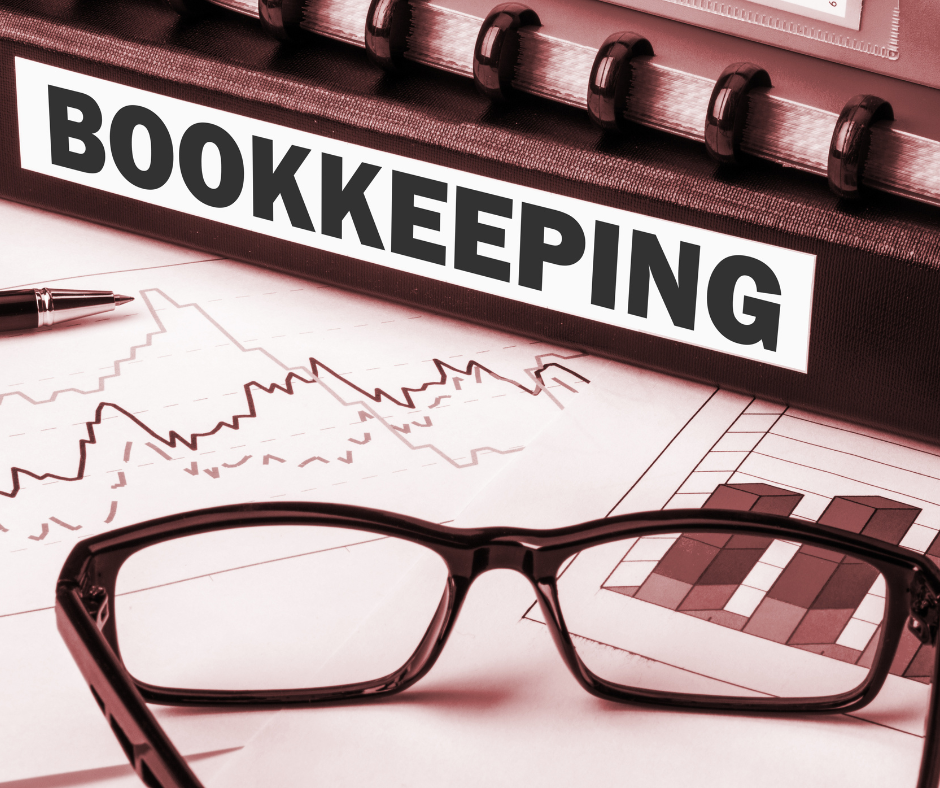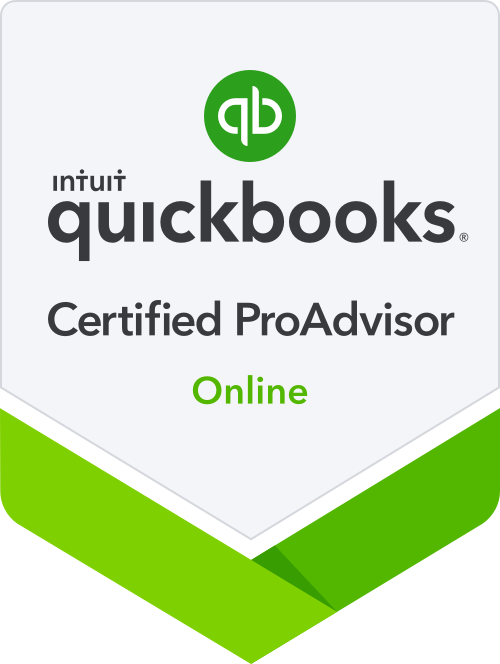Tax Planning Methods for Small Businesses
Most business owners dread tax time. From compiling all accounting documents to getting hit with an unexpected tax bill, the tax filing season can be a downside to running a business.
However, there are ways you can properly reduce your taxable income, making tax planning methods for small businesses a key area to understand.

Leverage Depreciation
One of the top tax planning items for small business owners is depreciation. General depreciation rules require assets to be depreciated over their useful life, which can range from 3 to 39 years. However, the IRS has put special depreciation rules into effect, known as Section 179 and Bonus Depreciation. These two options allow businesses to deduct the entire cost of the asset in the year it was placed in service, significantly reducing taxable income.
Section 179 Depreciation can only be taken when your business has income while Bonus Depreciation can be utilized even if you are reporting a loss. The asset must be active and in service before December 31 to qualify for these deductions. Some states don’t allow Bonus Depreciation, making it important to consult with an expert, like Gordian Financial.
Consider Accounting Method Changes
The next tax planning area to consider is changing accounting methods. Many small business owners report on a cash basis when they first start operations. This reports all income and expenses when cash leaves or hits the checking account. On the other hand, the accrual method of accounting accrues for income and expenses that were incurred, but not paid. One of these methods may be more favorable for your business than the other, making it important to consider each one.
Inquire on Entity-Level Taxes
Recent legislation allows certain small businesses to pay a flat tax rate on state returns. This is common for partnerships and s-corporations that pass income down to the shareholders. The flat tax rate imposed by certain states results in a business deduction on the federal return, while reducing the taxes paid on the individual return, creating a net tax liability less than what would be found if all income was paid on the individual return. Check with your state to see if they offer this deduction, then consult with an expert on implementation.
Ensure All Expenses are Taken
Completeness of your accounting records is crucial to take all qualifying business expenses. Regular bank reconciliations can help support this area, but check over your financial statements for any obvious areas that are misreported. You may find that salaries or supplies aren’t correct. Finding these mistakes before you file the tax return is important to lower your taxable income.
Also consider taking vehicle and home office deductions. If you use your vehicle for travel to customers or clients, you can write off a portion of your vehicle under depreciation rules and take gas and repair expenses. Similarly, if you use a room in your house for an office, you might be entitled to a deduction.
Summary
There are numerous tax planning strategies available for small business owners, with some being more favorable than others. To find the right solutions tailored to your business, contact the team at Gordian Financial. We will work with you to find the most favorable tax planning items for your business, reducing your tax liability.











